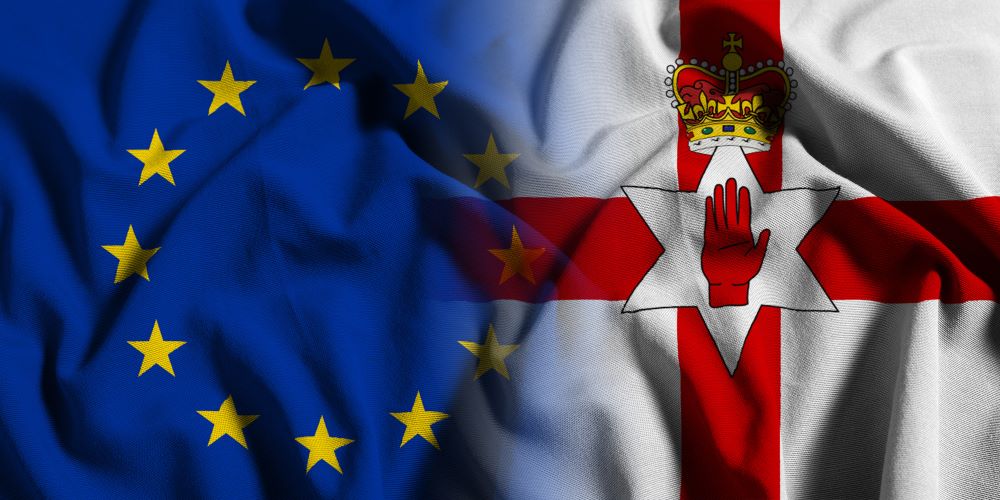
Northern Ireland voters have a mixed bag of domestic concerns as they head to the polls on Thursday 5 May to vote in the NI Assembly elections, pre-election canvassing is showing.
With the DUP widely expected to lose out to Sinn Fein as the largest party in Northern Ireland, health, education, the climate crisis, housing and the cost of living are the concerns on the doorstep, candidates have said.
The Irish Times conducted vox pops with parties indicating that the Northern Ireland Protocol, which requires goods moving from Great Britain to NI to undergo customs procedures and checks, has not been a priority issue.
“It’s been mentioned twice on the doors, if I’m being generous,” said Sorcha Eastwood, a candidate for the Alliance Party which aims to win votes from both nationalist and Unionist camps.
Deal with the protocol
The protocol is important and voters want to vote for parties who are going to deal with it, said UUP candidate Lauren Kerr.
“They don’t want to see Stormont collapse over it or Unionists walking away over it,” she said.
Conservative and Unionist candidate Matthew Robinson said that while goods coming from GB to NI for domestic consumption should not be subject to checks, Northern Ireland should look to exploit the “potential benefits of having one foot in the UK market and one in the EU”.
The Belfast Telegraph in February reported a poll finding that among NI voters, just one in three (32%) ranked the protocol among their top three most important issues, with 44% rating it as among the three issues of least concern.
Politicians from the five biggest parties in Northern Ireland are due to go head-to-head in the final TV debate of the assembly election campaign tonight at 9pm.
Protocol costs
The DUP has made opposition to the protocol central to its election campaign with leader Jeffrey Donaldson saying that a Sinn Féin victory would send the message that it is “business as usual” with the protocol, reports RTE.
“The protocol has driven up haulage costs between GB and NI by 27% and placed a border between us and our most important trading partner - Great Britain as well as jeopardising our medicine supply in the middle of a health pandemic,” he said.
The latest opinion poll has the DUP vote dropping to 18.2%, putting it neck and neck with the Alliance Party, reports the Belfast Telegraph.
Sinn Fein, which is supportive of the protocol, registered 26.2%.
While maintaining that the DUP will win the election, Donaldson said that it was willing to work with other parties, despite collapsing the power sharing agreement earlier this year, reports the Irish Times.
“I want to lead the DUP into an Executive but we need to address the issues around the protocol,” he said.
Business has adapted
A recent survey found that two-in-three businesses have now adapted to the new trading arrangements under the protocol, Irish News reported.
The latest quarterly economic survey (QES) from the Northern Ireland Chamber showed 65% of firms had adapted in the first quarter (Q1) of 2022, up from 52% at the end of 2021.
Agricultural co-op Fane Valley has said it continues to face “unnecessarily costly and cumbersome” processes under the NI Protocol despite adapting to the new arrangements, reports the Belfast Telegraph.
But the group said it hoped that talks between the EU and UK over resolving the protocol would ultimately be successful and lead to “pragmatic, risk-based solutions”.
Frost: ‘renegotiate or remove’
However, former Brexit minister Lord Frost has warned that the protocol needs to make further progress if a crisis is to be avoided, reports the Express.
“The strains it is causing are actively damaging the Belfast Agreement. It is therefore surely obvious – indeed it is an inescapable logical conclusion – that the protocol can’t be operated as it stands. It has to be renegotiated or removed,” he said.
Talks between the UK and EU over the protocol have all but halted during the election period but are expected to recommence afterwards.



